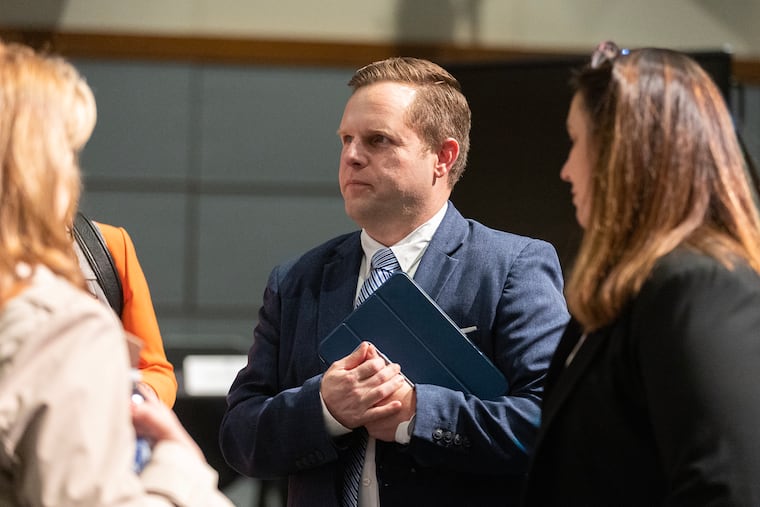Donald Trump implements stricter measures for international students amid new immigration policies.

The ongoing dynamics surrounding international education in the United States have taken a significant turn, as the U.S. administration has announced plans to revoke the visas of numerous Chinese students currently enrolled in American institutions. This decision marks a continuing trend within the Trump administration aimed at reshaping the landscape of academic engagement with international students.
The Chinese student population is one of the largest contingents in U.S. universities, constituting a vital part of the academic fabric, with hundreds of thousands of individuals contributing to diverse fields of study. The U.S. Secretary of State has also declared the suspension of interviews for new student visa applicants, coupling this with heightened scrutiny of their social media activities. These measures reflect a broader initiative to prioritize national security as defined by current policies, yet they also pose significant challenges to the vibrancy of the academic community.
Research institutions and universities in the United States heavily depend on the financial contributions of international students, particularly those from China, who are the second-largest source of foreign students after India. The projected financial impact of these visa revocations is considerable, potentially leading to a decrease in funding for many higher education institutions across the country. Notably, funding cuts to prominent institutions like Harvard University underscore the administration’s approach to fiscal matters in relation to academic organizations.
In light of these changes, concerns are rising regarding the long-term implications for academic collaboration and innovation, both within the U.S. and globally. The flow of knowledge and talent that has characterized international education may face significant disruptions, affecting research partnerships and the cultural exchange that has historically enriched the academic environment.
Experts in international education express apprehension about these developments. The potential isolation of American academia risks undermining its global standing and competitiveness. The diverse perspectives and expertise brought by international students, particularly from vibrant educational backgrounds such as China’s, fuel creativity and problem-solving in academic settings.
As the situation evolves, stakeholders in the education sector, including researchers, university administrators, and policymakers, will need to navigate these challenges while advocating for inclusive practices that uphold the values of international collaboration and mutual understanding.
#EducationNews #WorldNews






